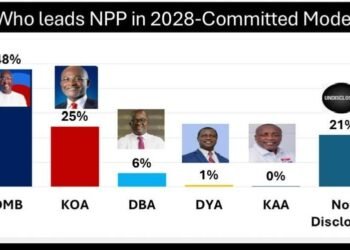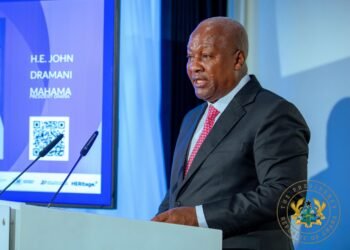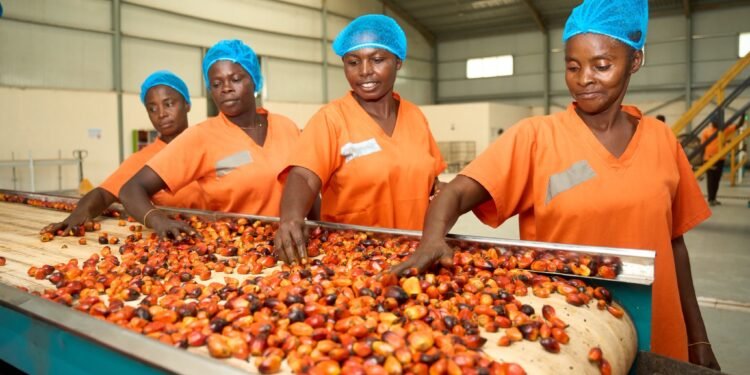The Vice President, Dr. Mahamudu Bawumia, says Ghana will work to become more self-reliant after the COVID-19 pandemic.
He says the Ghana Beyond Aid agenda which encapsulates policies such as the Planting for Food and Jobs, will enable Ghana to recover much more quickly from the devastating effects of the global pandemic.
The Ghana Beyond Aid is a national transformation agenda which calls for transforming the economy, focused on the production and exports of raw materials, to one based on manufacturing and high-value addition.
“The President has already placed Ghana on a trajectory that allows us to come out of this crisis relatively quickly. As you know, the post-COVID economic architecture in the world is going to be one of countries that are going to be more self-reliant. You are going to look at self-reliance in food production, manufacturing and in services, that is really the Ghana Beyond Aid that the President started talking about way before this pandemic came into being. And so that trajectory that we have already embarked upon will allow us to recover from this pandemic much more quickly than probably other pandemics,” he said.
Already, the Bank of Ghana (BoG) has suggested that the national economy has entered a contraction phase right from March, the first month in which Ghana confirmed cases of the coronavirus.
According to the BoG, the national economy contracted by 2.2 per cent in March 2020, as compared to a growth of 5.6 per cent for the same period last year, due to leading indicators of economic activities in the first quarter of the year such as the restrictions, social distancing, and the partial lock-down measures introduced by the government in the middle of March 2020.
Also, the Minister of Finance, Ken Ofori-Atta, earlier stated that the impact of the COVID-19 could cost Ghana about 9.5 billion Cedis, pushing the country’s budget deficit to about 6.5 per cent.
However, as the coronavirus is still spreading, many stakeholders are urging countries to look inwardly to mitigate the effects of the pandemic. Countries which are dependent on other countries are thinking of how they can help themselves to remain self-reliant for survival.
What propositions have been suggested?
The African Continental Free Trade Area (AfCFTA) Year Zero Report, by policy and advocacy think tank, AfroChampions Initiative is also urging African countries to take advantage of the pandemic to boost African industrialization as there could be potential positive effects on regional and local manufacturing.
According to AfroChampions:
“Countries are expected to re-balance their over-reliance on distant suppliers in favour of more proximate suppliers as this could have some positive impact on ongoing efforts to boost African regional value chains.”
Also, a new report by auditing firm, KPMG, analyzing the economic impact of COVID-19 on Ghana, has stated that Ghana can improve Agriculture Production and Export by looking at the opportunity to boost domestic production and consumption of some food commodities, such as rice, maize, cassava, yam and chicken.
Already, the Agricultural Development Bank (ADB), has announced a 500 million cedis loan facility to help poultry farmers from six regions within the country.
The move, according to the bank, is aimed at reducing the importation of chicken and make Ghana’s poultry industry competitive and also forms part of efforts to help strengthen Ghana’s livestock sector.























